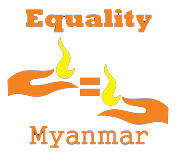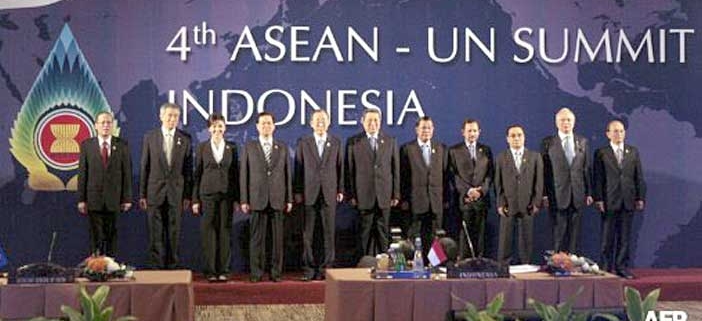FRIDAY, 20 JANUARY 2012
The long-awaited Human Rights Declaration by the Association of Southeast Asian Nations is expected to be finalized in the coming months, but human rights groups say the process has been surrounded in secrecy, raising concerns. The process also calls for the setting up of a human rights body.
The drafting process under the Asean Intergovernmental Commission on Human Rights is now in full swing and is expected to gather momentum, but challenges abound when trying to reconcile the desires of the 10-member regional body, many of whose governments are recognized as not free, and which limit the scope of human rights.
Writing in the Bangkok Post on Friday, Vitit Muntarbhorn, a professor of law at Chulalongkorn University, outlined some of the challenges.
First is the long-cherished Asean principle of national sovereignty and “non-interference in the internal affairs of a state,” which has been citied as reason for Asean not to become involved in controversial issues in the past.
“From an international perspective, however, sovereignty itself comes with the responsibility to protect human rights. Moreover, international human rights advocacy is a part of international law and jurisdiction, and cannot be considered to be interference in the affairs of a sovereign state. This is easily illustrated by the fact that all Asean countries were and are against apartheid, and have never considered their advocacy on this front to be interfering in the internal affairs of another state,” Vitit wrote.
“Second, there may be a question as to whether to refer to various particularities, such as by means of the term ‘Asean values,’” in the draft text.
He said the term itself has a negative connotation because the term implies that there should be deference to “authority,” dictating that the government’s action should prevail over the rights of individuals and that economic rights should prevail over political rights.
“A better term is to underline ‘values in Asean’ which support universal human rights standards,” said Vitit. “A positive list of these values includes our commitment to peace, non-violence from the home to the state level, and a caring community that cherishes human dignity and the rights and freedoms of individuals to help strengthen international human rights law rather than to compromise it.”
Third, he said the draft declaration should aim for “a balance between responsibilities on the part of individuals and responsibilities on the part of the state and other non-state actors.”
“Internationally, every person is already under a duty towards his or her family, community and state, and he/she must exercise his or her rights with due regard to the rights of others. For instance, freedom of expression cannot be used to defame others,” he said.
“However, the duties and limitations to be imposed on individual rights must also be based on fair and transparent criteria: there must be a limitation on the limitations.
“Internationally, therefore, if there are to be such limitations to constrain the exercise of human rights, they must be in accordance with the law and not be based on arbitrary action; necessary in view of the risks; proportionate to the circumstances; and in the pursuit of democratic aims.”
Vitit emphasized that the universal principle of human rights is based on non-discrimination.
“They are not only the rights of our nationals but of all persons on our territory, including stateless persons, refugees, displaced persons, migrant workers, minorities and indigenous peoples, bearing in mind gender sensibility,” he said.
Human rights are also premised on basic minimum standards of humane treatment for all: protection from violence, access to justice and access to basic services and assistance, including free and compulsory education, birth registration and emergency healthcare.
“On another front, it is now internationally accepted that every nation has a responsibility to protect its population from serious violations, such as genocide, war crimes and crimes against humanity, failing which the international community can offer a helping hand and take other actions under the UN charter,” he said.
The Asean Human Rights Declaration will be judged, said Vitit, on whether it unambiguously meets universal human rights standards.
Photo : AFP


 Equality Myanmar (EQMM) is a leading nongovernmental organization that organises a wide range of human rights education and advocacy programs, the documentation human rights violations, and provides emergency support for activists, human rights defenders, and their families. We work with a range of local civil society organizations, educators, activists, various local actors, and our programs and activities reach all states and regions in Myanmar.
Equality Myanmar (EQMM) is a leading nongovernmental organization that organises a wide range of human rights education and advocacy programs, the documentation human rights violations, and provides emergency support for activists, human rights defenders, and their families. We work with a range of local civil society organizations, educators, activists, various local actors, and our programs and activities reach all states and regions in Myanmar.
